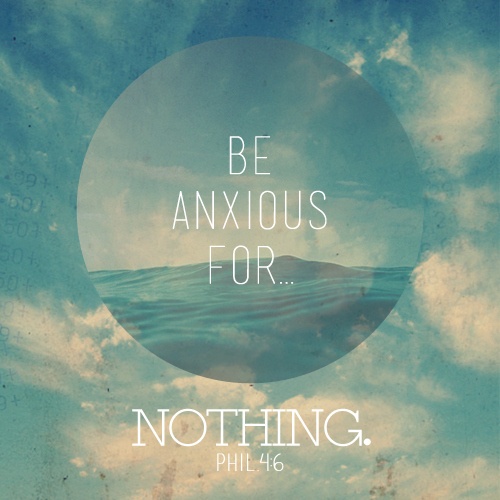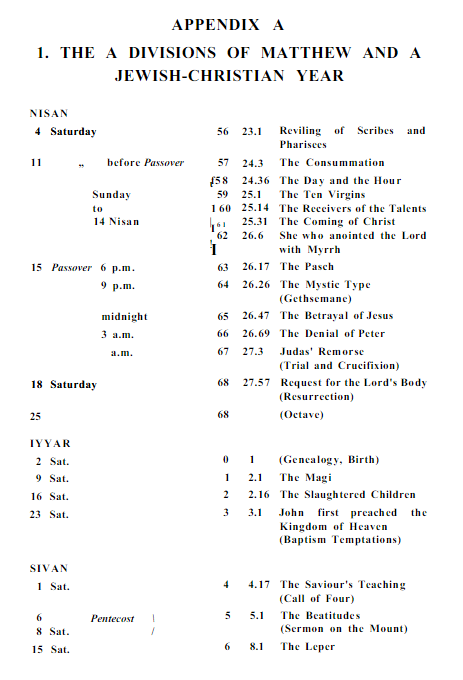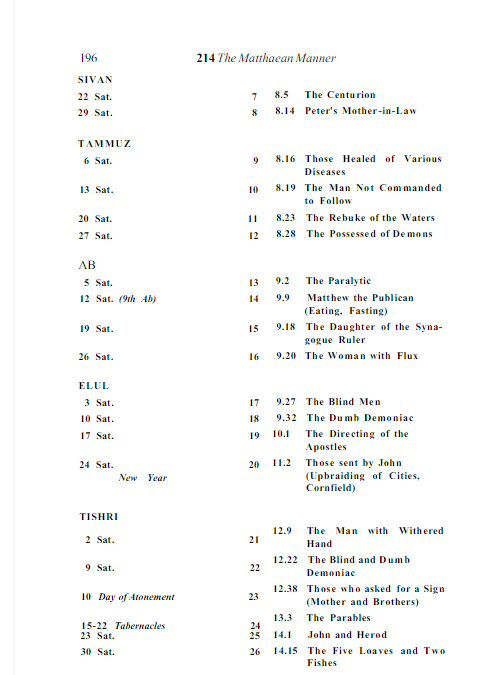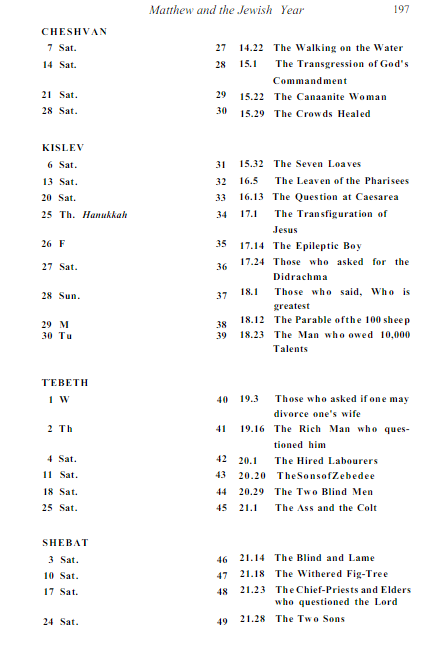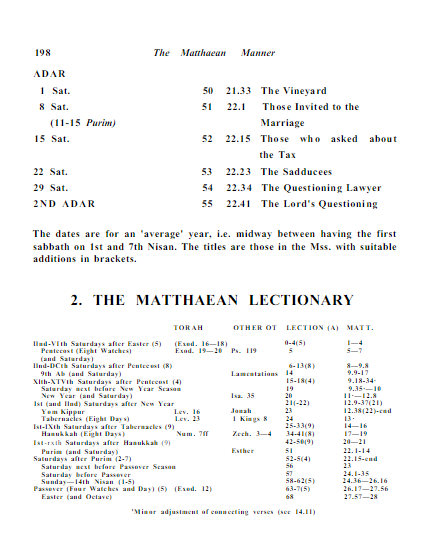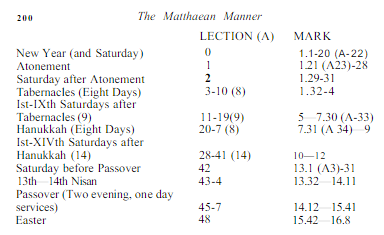Do Not Be Anxious
Luke 12:22-34
22 And he said to his disciples, “Therefore I tell you, do not be anxious about your life, what you will eat, nor about your body, what you will put on. 23 For life is more than food, and the body more than clothing. 24 Consider the ravens: they neither sow nor reap, they have neither storehouse nor barn, and yet God feeds them. Of how much more value are you than the birds! 25 And which of you by being anxious can add a single hour to his span of life? 26 If then you are not able to do as small a thing as that, why are you anxious about the rest? 27 Consider the lilies, how they grow: they neither toil nor spin, yet I tell you, even Solomon in all his glory was not arrayed like one of these. 28 But if God so clothes the grass, which is alive in the field today, and tomorrow is thrown into the oven, how much more will he clothe you, O you of little faith! 29 And do not seek what you are to eat and what you are to drink, nor be worried. 30 For all the nations of the world seek after these things, and your Father knows that you need them. 31 Instead, seek his kingdom, and these things will be added to you.
32 “Fear not, little flock, for it is your Father’s good pleasure to give you the kingdom. 33 Sell your possessions, and give to the needy. Provide yourselves with moneybags that do not grow old, with a treasure in the heavens that does not fail, where no thief approaches and no moth destroys. 34 For where your treasure is, there will your heart be also.
Observations and Reflections
 The words of Luke 12:22-34 should be very familiar to those who have read the gospel of Matthew. Luke’s rendition of this lesson is very similar to the one in Matthew 6:28-33. In fact, much of Luke 11-12 run parallel to Matthew 5-6, which would lead one to ask: which one of these gospels has the correct chronology?
The words of Luke 12:22-34 should be very familiar to those who have read the gospel of Matthew. Luke’s rendition of this lesson is very similar to the one in Matthew 6:28-33. In fact, much of Luke 11-12 run parallel to Matthew 5-6, which would lead one to ask: which one of these gospels has the correct chronology?
I would suggest personally that Luke and John are set in a more chronological order than Mark and Matthew. It appears that both both Mark and Matthew were written with the liturgical calendar in mind. This was important to the early Christians who had a liturgical reading of the OT that centered around feast days. Some believe that the gospel of Matthew was organized as a year-round liturgical gospel so that the Jewish converts could read the gospel passages with the OT passages that would normally be read during the liturgy.1 Michael Goulder detailed the liturgical layout of both Matthew and Mark in his 1971 book Midrash and Lection in Matthew. Below are the charts he developed.
That being said, neither Luke nor John are perfectly chronological. They both disagree in some places. However, it’s not critical that the chronology of the gospels are in agreement. The gospels were designed by 4 individuals who sought to spread Jesus’ message. They all selected which stories to re-tell and what order to tell them in. Moreover, these gospels were compiled decades after Jesus was crucified and the precise chronology was not important to the message. If I went on vacation and someone asked me to tell them about the vacation, I would not give a chronological account to the detail. Some parts of the vacation would not even get shared and some might be emphasized over others. It’s natural story telling.
We should all take Jesus’ advice when pondering issues like chronology in the gospels and be not anxious about anything.
 Worrying and growing anxious about our future are unfortunately a common part of our lives. Always thinking about what lies ahead and what needs to get done seems to be the constant theme for may of us. We are always on the go and when things don’t go our way or we think might end up going wrong, we begin to worry.
Worrying and growing anxious about our future are unfortunately a common part of our lives. Always thinking about what lies ahead and what needs to get done seems to be the constant theme for may of us. We are always on the go and when things don’t go our way or we think might end up going wrong, we begin to worry.
Anxiety is a common problem that plagues our society. It often cripples us and leaves us feeling helpless and hopeless. It prevents us from living out our everyday lives and it also blinds us from trusting in God to take care of our needs.
God is the ultimate creator of this world and our number one source of hope. He gives us reason to step out in faith and reminds us that we are never alone. Jesus gives the example of the birds and how they are animals that don’t have a home. They are constantly wondering to find food and shelter and yet God still provides for them. He goes on to say that He cares more for us and if that is the case, we definitely have no reason to worry!
Jesus clearly commands us not to worry because we have no reason to. With God being in control of our lives, there is nothing that we face in this world that can cause us harm or fear that is not within His ultimate control. He alone can provide true comfort and the peace that we long for, especially when we face uncertain times. He makes a promise to us in this chapter that worrying will not add or improve our situation, but trusting in Him will.
By choosing to trust God it communicates that we truly believe in His promises, His word and His ability to take control of our present and future circumstances. Trusting in God will lead us down a path that is filled with His peace, joy and hope and will give us the courage to stand strong in the midst of danger and hard times. God does not promise that this life will be easy, what He does indeed promise is that He will certainly not leave us and will always be walking with us in all that we face.
I don’t know what you are going through today. Your life may be headed down a road that is filled with uncertainty and the end may seem bleak. This passage gives us the tools and foundation we need to keep relying on Him and trusting in Him. Instead of worrying, He tells us to seek Him out and know that we will find every good treasure and hope in Him.
1. [M. D. Goulder, Midrash and Lection in Matthew]↩
